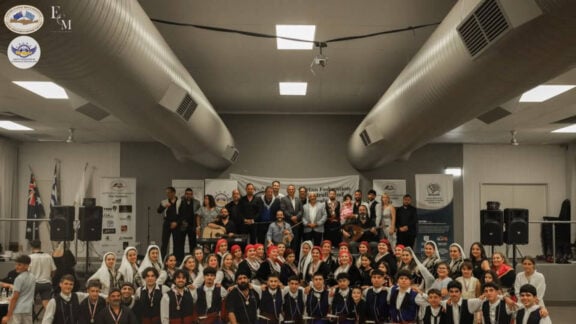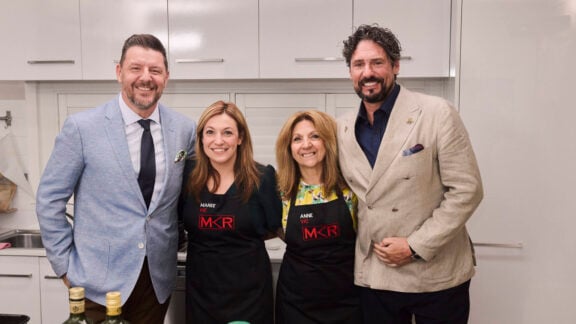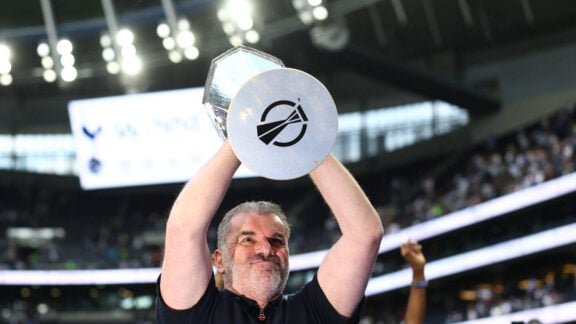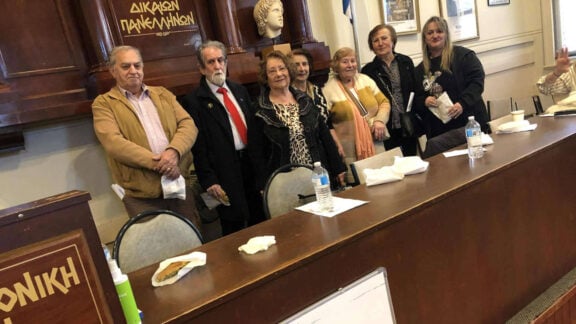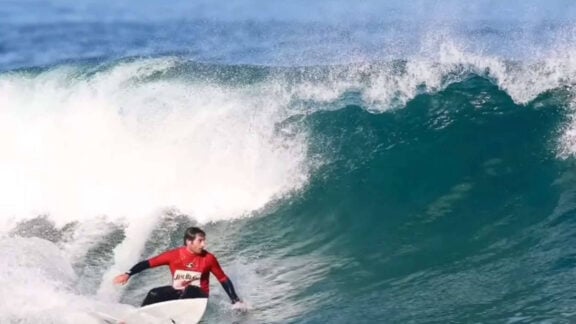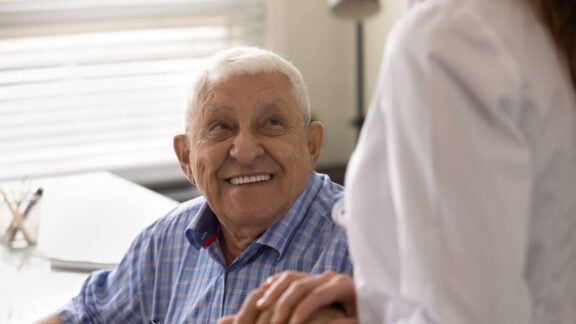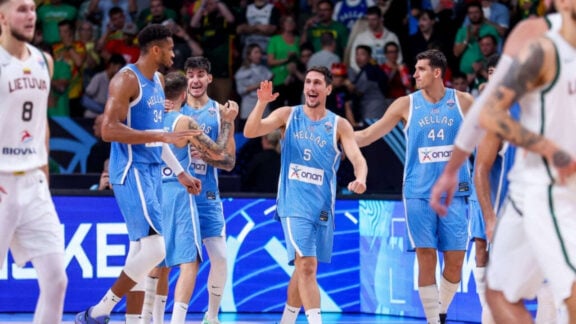On Monday, September 18, the Greek Australian Society (GAS) hosted a panel conversation titled Greek – Australians and the Voice to Parliament, attended by fifty participants. The aim was to equip its members and the “broader Greek-Australian community” in New South Wales with the essential “tools” needed to make informed decisions ahead of the upcoming October 14 Referendum.
“The focus of the discussion was to provide some clear information on what the proposed Voice is, what it is not, what its purpose is and how it would work,” said George Mpliokas, the Secretary of the Greek Australian Society (GAS), to Neos Kosmos.
With the Referendum less than a month away, the panel conversation “was held virtually, after being brought forward one week following the announcement of the referendum date in August,” said Mpliokas, “to ensure the conversation would be held prior to early voting centres opening.”
When asked by Neos Kosmos about the “vibe” received “within the Greek Australian community regarding the Voice Referendum,” the Secretary of GAS, commented:
“I personally feel that there is a broad spectrum of views on the Voice amongst Greek-Australians and that it is a sensitive topic across generational divides.
One of the founding principles of the Greek-Australian Society (GAS) is to encourage participation in our community institutions, so we need to be respectful of peoples’ opinions even if and when we don’t agree on an issue. Greek communities in Australia can be forces for good by encouraging healthy debate and informed decisions in national conversations like one for the Voice.”
Mpliokas emphasised that “the Greek Australian community in 2023 is manifestly changed from what we remember it to be in say 2000, and again from the 1980s.”
“We are spread across the country; we are recent crisis-era migrants from Greece and we are fourth and fifth-generation descendants whose families arrived in the late 1800s. The sooner we come to terms with this natural evolution of our community, the better we will be to nurture our institutions, safeguard our culture and set a positive example as a leading multicultural community.”
He feels that “the majority of Greek-Australians support Indigenous Australians,” however “plenty of us Greek-Australians feel that voting Yes will not change anything for them, or even make things worse for Indigenous communities.”
He goes on to say that “if we can relate the inequality Indigenous Australians experience today with the trauma and hardships felt by our parents and grandparents’ generation, then more Greek-Australians will vote Yes. If we contrast them by saying, ‘our parents broke the cycle of trauma and hardship by themselves, so Indigenous Australians will need to do it by themselves,’ then Greek-Australians will be more likely to vote No.”

Mpliokas brings back to memory something his father used to say.
“I remember how my late father would say how he grew up in famine and hunger, that he left Greece because, he left unwelcome in his own country– that is why I’m voting Yes.”
The GAS panel conversation consisted of Dr Shireen Morris, Senior Lecturer in constitutional law at Macquarie University and Director of the Radical Centre Reform Lab, Mark Coure MP, and Shadow Minister for Multiculturalism in NSW, Peter Doukas OAM, the Chair of the Ethnic Communities Council NSW , and Ken Zulumovski DHSc, Kira-Dhan Gubbi-Gubbi man, former Australian Army Reservist and founder of Gamarada Universal Indigenous Resources (GUIR.).
Mpliokas also noted that “the event was attended by community and student leaders, as well as GAS Members from Brisbane, Sydney, and Melbourne.”
During the discussion, he pointed out that Member of Parliament Mark Coure, talked about the meetings he had with his constituents and communities in his electoral “explaining to them that the Voice will not have a veto, it will not be a third chamber, and it won’t divide Australians, as “it is about narrowing the gap that is widening with our First Nations.”
Dr. Shireen Morris said:
“Australia is failing to close the gap; why? Because everything is top-down. Because politicians and bureaucrats, with very good intentions, spending a lot of money, simply don’t listen to Indigenous communities.”
Peter Doukas OAM expressed that many Greek-Australian and many other ‘established’ communities are reluctant to be publicly involved in the debate, “which is an unfortunate thing because no matter what happens, this [Referendum] is part of the national conversation, this is an historic moment in Australia, and I think the last part of the building blocks of our Federation.”
Mpliokas concluded by saying that “GAS set an example with this panel by facilitating a constructive discussion, setting aside personal opinions, engaging with individuals from diverse political backgrounds and life experiences, and allowing them to provide valuable insights into an important national conversation.
Our panelists emphasised that the Voice represents an evolution of a request from Indigenous communities themselves, enjoying overwhelming internal support. As responsible citizens, it is our duty to navigate through the noise and misinformation that may exist, in order to make an informed decision on October 14.”

